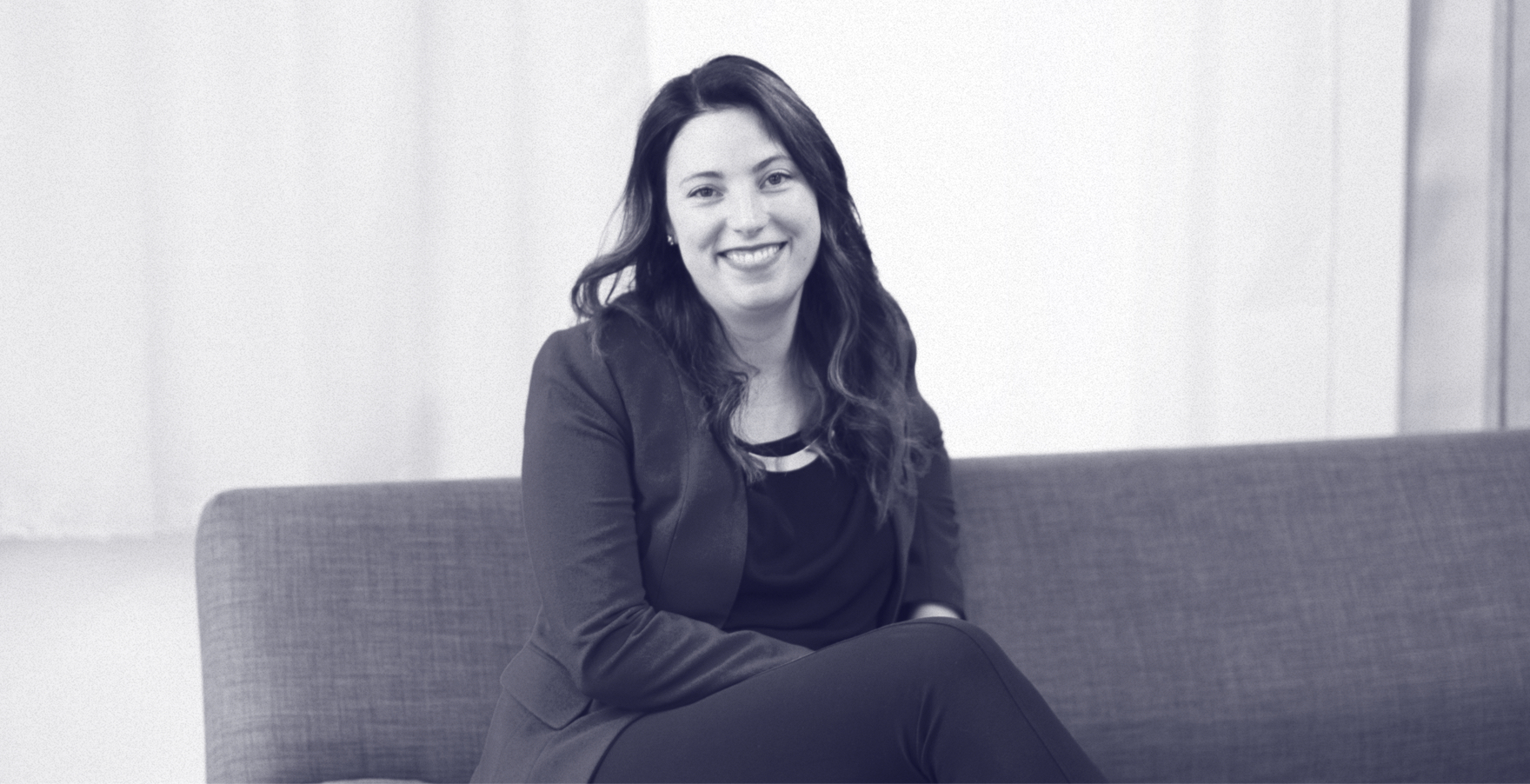
Michelle DeNault MD, Regional Medical Director
Psychiatry wasn’t exactly the most glamorous choice while I was in training…
Before I had even decided to become a physician, one of my earliest mentors in college had told me he thought I would be a psychiatrist. At that time I rolled my eyes, thinking if I was going to be a doctor, I certainly wouldn’t be the “fake doctor”. But try as I might during medical school, I just couldn’t help listening to people’s stories. Once you hit the wards in medical training, it’s impossible to ignore that so much of our suffering isn’t just physical pain, and an incredible amount of healing can be accomplished by listening and recognizing the signs of mental illness.
“When they told me I’d be meeting with a psychiatrist, I didn’t think I’d see your kind of psychiatrist”
More often than not as a consult-liaison psychiatrist, I’m asked to speak with individuals who have never had psychiatric treatment in the past. It’s rewarding to continue to dispel fears about being perceived as “crazy” and to remind people that their despair and anxieties can be temporary with the right treatment. I love being a child, adolescent, and adult psychiatrist. People frequently assume it’s discouraging to work with children who’ve experienced trauma and mental health problems. It’s true that I do hear of some pretty awful experiences, but I’m constantly reminded just how resilient people of all ages are. Everyone has a unique story, and it’s a privilege to be trusted with intimate, sometimes embarrassing and shameful parts of people’s lives, in order to help build stronger and more satisfying moments in the future.
One of the biggest challenges I face is lack of resources, both for patients in crisis, as well as those requiring ongoing preventative treatment. It’s common that I meet people who have initial appointments for mental health care which are over three months out. We have lots of research helping us to provide effective, evidence-based treatment for a variety of conditions, but I can sometimes feel as though I’m practicing medicine with my hands tied, as there are simply not enough practitioners and facilities to offer these treatments to those in need. This is true for urgent and emergent psychiatric care as well. Inpatient psychiatric units are dwindling, and facilities that remain open are often not attached to other hospital units, which means that our patients don’t have access to other medical specialty care when in psychiatric crisis. I recently treated a man with leukemia, depression, and suicidal thoughts. He came to the hospital looking for inpatient psychiatric care; however, after five days of searching, there were no facilities able to manage both his leukemia and depression together. I wish these cases were rare, but they are becoming a daily occurrence.
While that all sounds bleak, telepsychiatry is such a great way to increase access to behavioral health support. Even though I am one person, I am able to reach more people across a wider geography and faster. I can provide care for people in underserved rural and urban locations without the need to travel. I’ve seen patients in 10 separate facilities in one day, which would otherwise be impossible without telepsychiatry. What’s more, it’s so easy for people of all ages to adapt to using it. Some patients will tell me that they feel a bit safer sharing intimate thoughts and feelings over video chat, while others are surprised it’s not that different from meeting in person. It feels good to know that I’m doing my part to deliver treatment to those in need, especially to those who might not otherwise have the opportunity to access care.
Thankfully, psychiatry is seeing a comeback in the world of medicine. Residency programs are growing as more and more medical students are choosing this discipline. And telepsychiatry is gaining in popularity, offering providers a better work-life balance. Most of my colleagues are certainly wishing they could practice via telehealth right now, amid the global pandemic. I’m just grateful that some of that clairvoyant wisdom from my mentor snuck in, because I can’t imagine a more fulfilling (and cool) career!
—Michelle DeNault MD, Regional Medical Director